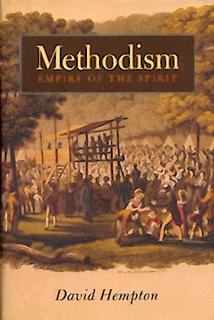I finished a very rough draft of chapter 5 of my thesis on Friday! The conclusion was in dot points, which is NOT a good sign, but Friday was my last possible deadline, so I handed it in as it was. That freed me up to read some non-work-related books, including (in order of weight!):
Alexander McCall Smith, Friends, Lovers, Chocolate - the second in his series about Isabel Dalhousie, a philosophical Edinburgh sleuth. I don't think this series is his best (compared to the Ladies Detective Agency, von Igelfeld or Scotland Street books) but it's still very good. Favorite line: 'From the perspective of the cheese counter, Schopenhauer seemed very far away'.
I went to hear McCall Smith at the Melbourne Writers Festival a month or so ago, and he was even more delightful than his books. He told very funny stories with an entirely straight face until he got to the punch line, when he would dissolve in fits of giggles.
James Brabazon, Dorothy L. Sayers - I really enjoy the Peter Wimsey mysteries, even though I have to suppress certain loud inner protests against the terrible snobbery of it all. Harriet Vane is the real star of the books for me, and DLS comes across in this biography as sharing most of her good qualities: courage, intelligence, loyalty, a passionate devotion to ideas and scholarship. She does not seem to have been a comfortable person at all, however, and it's hard not to feel sorry for the illegitimate son who she sent off to her cousin and only took notice of when he became 'interesting'.
David McCracken, The Scandal of the Gospels: Jesus, Story and Offense - I'm reading this on the train on the rare occasion that I get a seat, so I'm moving slowly! So far, I've really appreciated his thoughtful treatment of the story from Matt 15: 21-28, where Jesus describes the Canaanite woman as one of the 'dogs under the table'. As McCracken says, this is a deeply offensive thing to say! I recently heard a sermon on this passage that said Jesus was being affectionate, but that seems entirely unconvincing to me. He calls her a bitch! McCracken places it in the broader context of Matthew's narrative, where the theme of Jesus as offence is important. The woman - unlike the Pharisees in the preceding passage - is not offended by Jesus, but presses on and gets what she desires. 'Blessed is anyone who takes no offence at me' says Jesus in Matthew 11. It's a profound challenge to the way we see Jesus, I think.
Now I need to stop reading (and blogging) and start editing chapter five!
